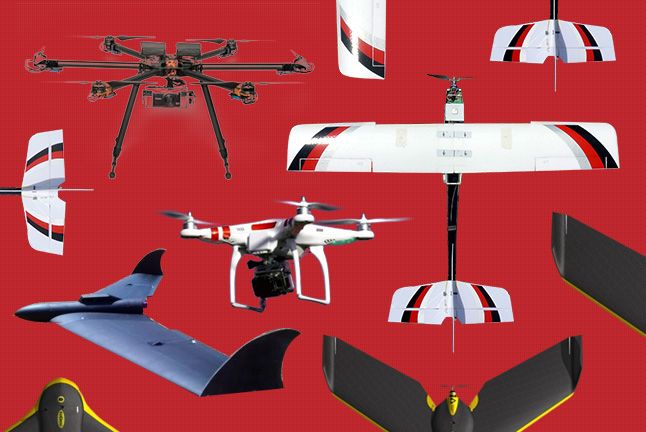This week, drones technology company PrecisionHawk raised $18 million in Series C funding from the corporate venturing arms of three big tech companies: Verizon, Yamaha, and Japan’s largest mobile phone network NTT Docomo. The United Services Automobile Association (USAA), a financial services firms, also invested through a subsidiary, alongside existing investors, which include Intel Capital, another corporate venturing arm.
This is the first ag-related investment for Verizon Ventures, although the parent business has taken increasing interest in the ag sector, partnering with the Thrive Accelerator, awarding Smart Barn its Powerful Answers Award in 2015, and building an agricultural IoT product.
The deal also marks the first agtech investment for Yamaha Motor Ventures & Laboratory Silicon Valley (YMVSV), which was established in California last August.
“Yamaha has never done early stage investing before now, preferring to innovate in-house,” said George Kellerman, general partner & director of operations for YMVSV.
The fund has made four investments so far including PrecisionHawk. The other disclosed deal was in Veniam, an IoT for vehicles company, which Verizon Ventures has also invested in.
“But when our CEO was to Silicon Valley on a trip and met with the corporate venturing team of another tech company he realized that Yamaha was falling behind, which the pace of tech innovation was accelerating,” said Kellerman.
“We all know either explicitly or otherwise that at some point in the future, every vehicle we make will be connected to the internet in some form. We aren’t sure how that will happen, what the protocol will be, or what network that will happen in. But we know that the intelligence that machine is collecting will be analyzed and the vehicles will provide feedback, sending data to the driver to improve their experience or make it safer,” he added. “We also know that Yamaha is very good at making motors and engines, but we don’t know anything about connectivity networks, and sensors. So we now want to make sure we understand the technological changes that are happening so that our business can naturally evolve with them.”
Agriculture is not a new sector for Yamaha; the Japanese company’s R-MAX is an unmanned helicopter which can perform various tasks including spraying, seeding, remote sensing, precision agriculture, frost mitigation and variable rate dispersal. PrecisionHawk also sells UAVs, but with a software and analysis component which Yamaha can learn from.
Learning about new technologies is one objective of the venture arm, as well as exploring potential partnerships or project collaborations with Yamaha’s engineers from Japan, a big cultural shift for the company, according to Kellerman. Another objective for YMVSV is to network with the community at large, including research institutes and other platforms, as a good way to position the Yamaha platform. Kellerman told TechCrunch that YMVSV “invested strategically in PrecisionHawk, to help grow the market for hardware like the R-MAX”.
Acquisitions are not a mandate of the team, but could result from its work, said Kellerman.
“We try to think about stuff that’s one or two steps away from our core business,” he said. “We’re not thinking about today, but about five to 20 years down the road and how we can be a leader in it. Ground sensing devices with connectivity and data analytics, drones and robots are the areas that I get excited about.”
PrecisionHawk has now raised $30 million in total and will use this week’s funding to accelerate the expansion of its data analysis platform DataMapper, which will incorporate data from satellites and manned aviation in the future.
It will also fund the development and commercialization of PrecisionHawk’s Low-Altitude Traffic and Airspace Safety platform, LATAS, “to allow safe and rapid integration of drones into national airspaces”, according to a press release.
Have news or tips? Email [email protected]





